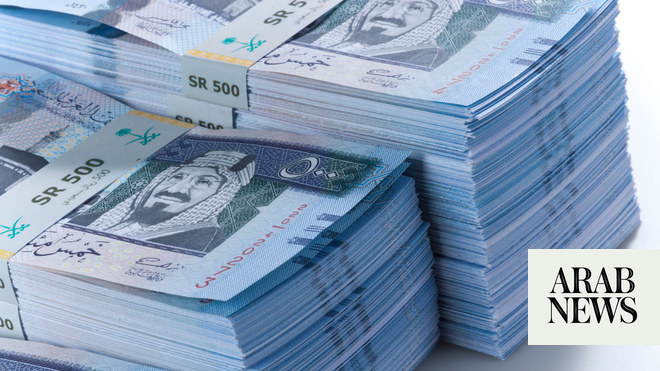World Oil Demand Slows in Q2 Amid Rising EV Adoption and Economic Challenges, IEA Reports
RIYADH: The International Energy Agency (IEA) has reported a deceleration in global oil demand growth during the second quarter, citing the increasing adoption of electric vehicles (EVs) and prevailing economic headwinds. The growth rate eased to 710,000 barrels per day (bpd) year-on-year, marking the slowest increase since the fourth quarter of 2022.
In its latest analysis, the IEA maintained its forecast for oil demand growth in 2024 at 970,000 bpd, largely unchanged from its previous month’s outlook. This projection stands in contrast to the more optimistic view of the Organization of the Petroleum Exporting Countries (OPEC), which anticipates robust demand growth in 2024 and 2025.
OPEC’s June 10 monthly report forecasts global oil demand to rise by 2.25 million bpd in 2024 and 1.85 million bpd in 2025, driven by markets in China, the Middle East, India, and Latin America. However, the IEA attributes its more modest growth estimate to several factors, including a contraction in Chinese consumption following the country’s post-pandemic rebound, below-average global economic growth, increased efficiencies, and the rise of vehicle electrification.
The IEA’s report further indicated that demand for industrial fuels and petrochemical feedstocks remained particularly weak. Despite this, global oil supply rose by 150,000 bpd to 102.9 million bpd in June. The analysis also projected global refinery throughputs to increase by 950,000 bpd to 83.4 million bpd in 2024 and by 630,000 bpd to 84 million bpd in 2025.
Amidst the IEA’s cautious outlook, OPEC remains optimistic about future oil demand. Speaking at the International Economic Forum in June, OPEC Secretary-General Haitham Al-Ghais emphasized the expected continued demand for oil, spurred by a rebound in the travel and tourism sector. Al-Ghais also assured that OPEC is committed to ensuring the supply, stability, and resilience of the oil market.
"It is important to remain focused on the fundamentals. We look at economic growth, we look at supply, we look at demand, and yes, we do still believe demand for oil is good and resilient," Al-Ghais stated. He further added, "Last year, OPEC’s forecast for oil demand was the best. And all those who criticized OPEC’s forecast kept adjusting their number throughout the year."
Source: Arab News
